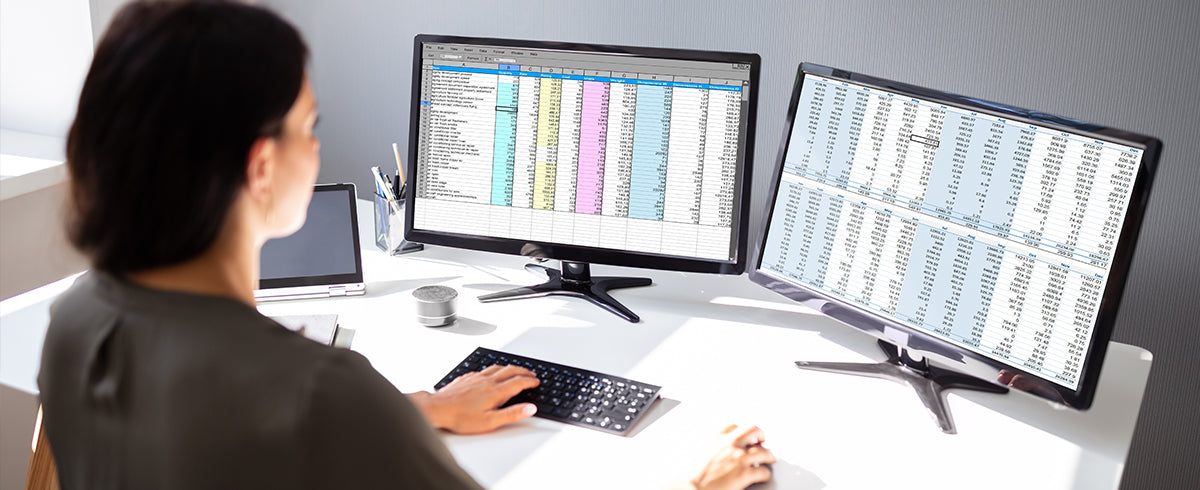Accountant
As an Accountant, you’ll be crucial to the success of both large corporations and small businesses. Accountants develop and manage accounting systems and services for taxation and financial transactions, catering to both organisations and individuals. They offer guidance on record-keeping and ensure compliance with regulations. Additionally, accountants assist managers, investors, and tax authorities in making informed decisions about resource allocation.
Embark on a rewarding journey in Accounting, where your skills are highly valued and growth opportunities are boundless. Enjoy a career that offers stability, diversity, and the chance to expand your horizons both personally and professionally. Start this exciting career path today.
Explore your career as an:
Gender Split
Employment by State
Highest Level of education (%)
Age Brackets
*The information on this page is sourced from the Jobs and Skills Australia website, based on their occupational data collected in May 2024. Where job titles may not be exact matches, related job areas have been used. This data is intended as a guide only.
How to become an accountant?
There are many pathways you can take in your career in accounting, especially with the flexibility of online courses in Australia. You can start by enrolling in a Certificate program, which provides foundational knowledge and skills. This initial step can open doors to further education and career advancement in various accounting roles, from bookkeeping to financial analysis. Online courses offer the convenience to study at your own pace and balance your education with other commitments, making them an excellent option for those looking to start or advance their careers in the accounting field.












